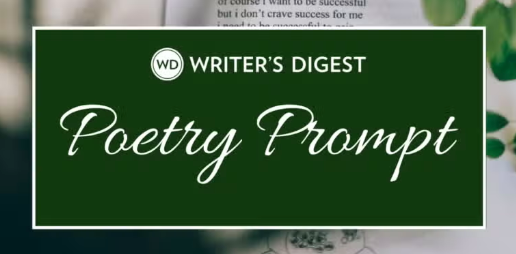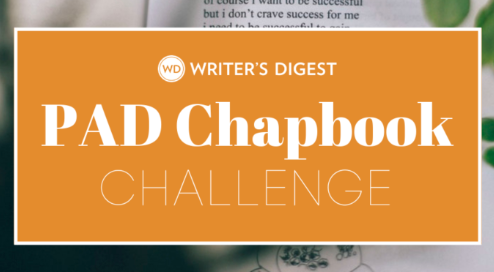Gogyohka: Poetic Forms
What is gogyohka? It’s a five-line poem developed by Enta Kusakabe in Japan that translates literally to “five-line poem.” It’s a derivative of tanka that uses natural phrasing to great effect.
If only a poetic form existed that could be both concise and free. Oh wait a second, there's gogyohka!
Gogyohka was a form developed by Enta Kusakabe in Japan and translates literally to "five-line poem." An off-shoot of the tanka form, the gogyohka has very simple rules: The poem is comprised of five lines with one phrase per line. That's it.
*****
Play with poetic forms!
Poetic forms are fun poetic games, and this digital guide collects more than 100 poetic forms, including more established poetic forms (like sestinas and sonnets) and newer invented forms (like golden shovels and fibs).
*****
What constitutes a phrase in gogyohka?
From the examples I've seen of the form, the definition of phrase is in the eye of the beholder. A compound or complex sentence is probably too long, but I've seen phrases as short as one word and others more than five words.
So it's a little loose, which is kind of the theory behind gogyohka. It's meant to be concise (five lines) but free (variable line length with each phrase). No special seasonal or cutting words. No subject matter constraints. Just five lines of poetic phrases.
Here's my attempt at a Gogyohka:
"Halloween"
Ghosts hang
from the willow
as the children run
from one door
to the next.





